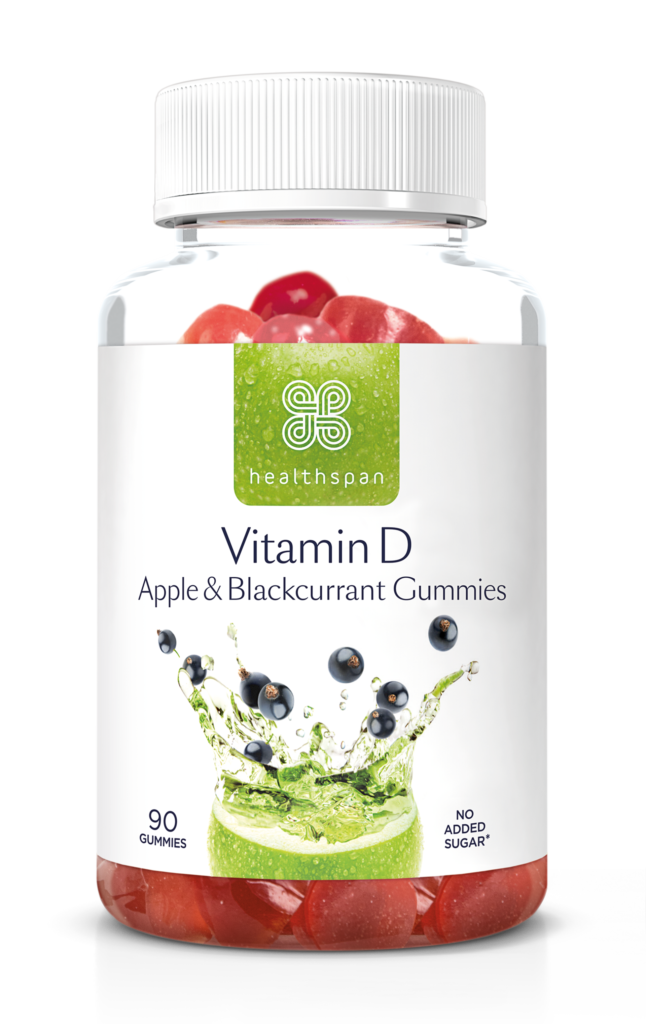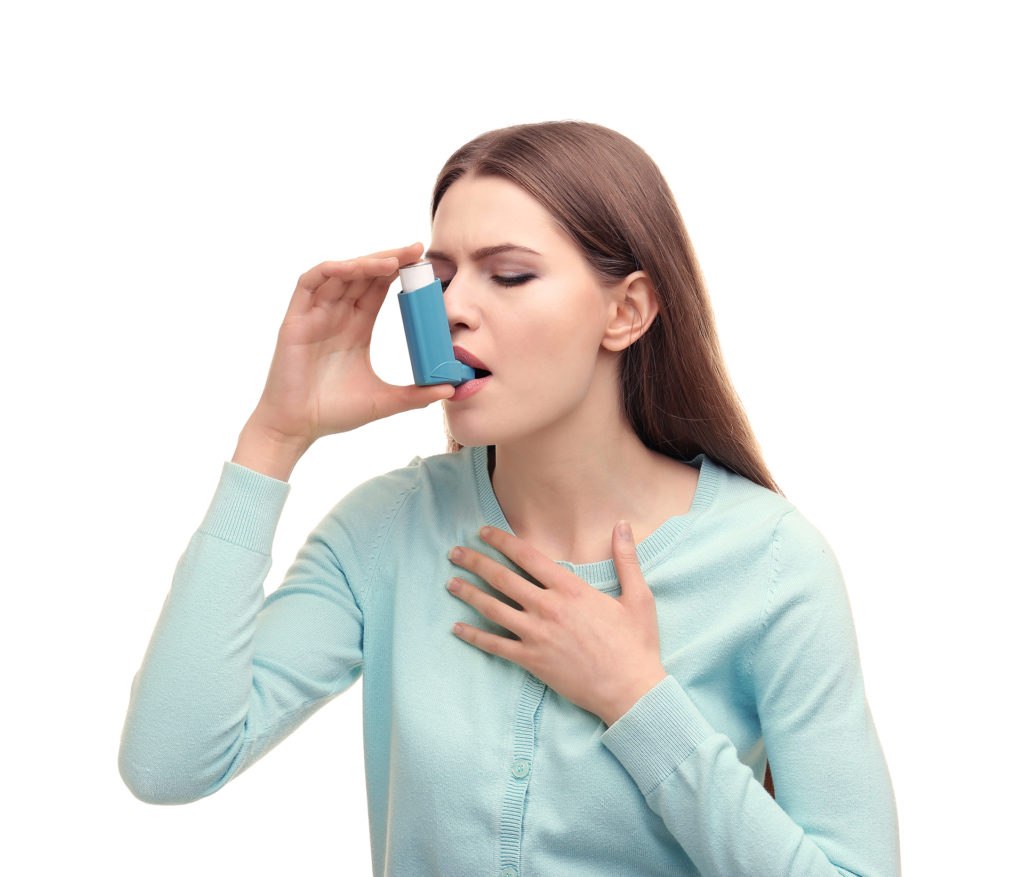Protect Yourself From Coronavirus With Vitamin D

A new study published this month in the Irish Medical Journal has highlighted that vitamin D supplements may enhance resistance to respiratory infections and, with those over 70 cocooning still for the next couple of months, many people could be at “high risk” of vitamin D deficiency due to lack of sun exposure.
Recent research shows vitamin D helps prevent respiratory illness and benefits immune function. The Irish Longitudinal Study on Ageing (Tilda) report says that “maintaining a sufficient vitamin D status may therefore be of benefit in the Covid-19 pandemic”.
Rob Hobson Healthspan Head of Nutrition says, “This is particularly relevant to older people who are more vulnerable to the COVID-19 virus as the study revealed that an estimated 27% of adults over the age of 70 years old are deficient in vitamin D. It was also shown that 1 in 8 adults over the age of 50 years old are deficient in vitamin D the whole year round.
“I would recommend everyone take a vitamin D supplement during this lockdown period. The research highlights a really interesting and relevant point about vitamin D and respiratory infections which may prove useful in the fight against COVID-19. Also, this nutrient which we know is difficult to get from diet alone has other important roles to play such as protecting bone health which makes supplementing with it essential when our access to sunlight is restricted.”
What to look for when choosing vitamin D?
When choosing a vitamin D supplement look for one that contains at least 10mcg which is recommended by Public Health England. This supplement is now available in many forms as tablets, gummies and sprays which may be easier to take. Try Healthspan Vitamin D3 Apple and Blackcurrant Gummies 90 gummies, £8.95 from www.healthspan.co.uk or at this time it may be worth considering a multivitamin supplement that supports your diet and contains vitamin D and other important minerals and vitamins at this time such as zinc, vitamin C, iron, magnesium and B vitamins to support cognitive health. Select a product that is formulated for your age group, as some are specifically designed for people over 50 or 70.”
Dr Sarah Brewer, Medical Director at Healthspan says; “Vitamin D is essential for immunity and helps to protect against respiratory infections. We can only make vitamin D in our skin on exposure to sunlight when the UV index is greater than 3. Normally from April to October our bodies can make vitamin D. but with many people unable to get out during the lockdown period, coupled with the fact it is difficult to get sufficient vitamin D from dietary sources. Plus, even when the sun is shining, many people also fail to make enough vitamin D because they avoid the sun, cover up or use high SPF sunscreens. Also, in one study, researchers found that people aged 62 to 80 years synthesised four times less natural vitamin D than those aged 20 to 30 years. I recommend 25mcg vitamin D for adults aged up to 50 years, and 50mcg per day thereafter.”
Dr Brewer continues, “Research suggests that taking a vitamin D3 supplement can reduce the risk of experiencing a respiratory infection, (including the common cold, influenza and pneumonia) by around a third. It is therefore important to consider taking a vitamin D3 supplement during these difficult times.
“By protecting against the viruses that cause colds and bronchitis, vitamin D also helps to reduce the risk of a flare-up in people with asthma. Taking a vitamin D supplement can reduce the risk of a severe asthma attack that needs emergency treatment by as much as 61%. In fact, the association between low vitamin D level and respiratory infections is greatest in people with asthma (5.6-fold increased risk) or chronic obstructive pulmonary disease (2.2-fold increased risk). Vitamin D is also vital, of course, for absorbing calcium to help maintain strong bones and reduce the risk of fractures – especially when you are not able to exercise as much as usual due to cocooning at home.”
Taking vitamin D safely
Vitamin D is only found in useful amounts in oily fish, liver products, eggs, butter or fortified foods. Excess vitamin D can cause side effects due to disturbances in calcium metabolism such as headache, loss of appetite, nausea, vomiting, diarrhoea or constipation, palpitations and fatigue. An upper safe intake level of 100mcg per day (4000 IU) is therefore recommended by the EU.
If you are taking a multivitamin plus an additional vitamin D supplement, check that the combined amount does not exceed 100mcg per day.









